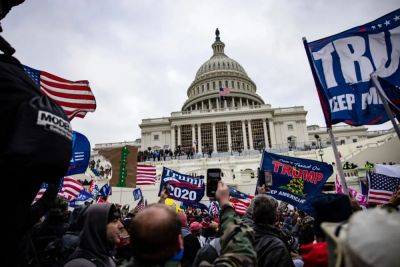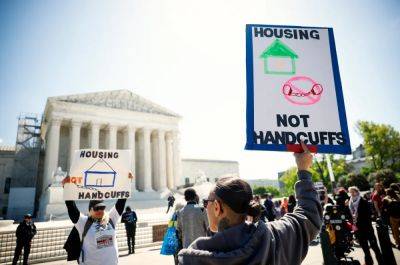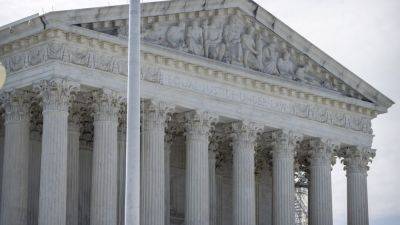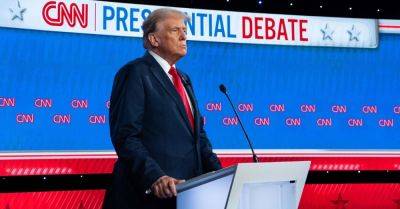Supreme Court rules in favor of Biden administration in social media case
In a major victory for the Biden Administration, the U.S. Supreme Court on Wednesday reversed a lower-court ruling that had placed significant restrictions on government officials’ ability to communicate with social media companies regarding their content-moderation policies.
The court did not decide the question of what precisely constitutes permissible contacts between executive branch officials and social media companies. Rather, by a vote of 6 to 3, the court ruled that those challenging the government’s interaction with social media companies lacked legal standing to sue.
Writing for the majority, Justice Amy Coney Barrett said that the plaintiffs had failed to make the case that the companies’ actions could be traced to pressure from the Biden Administration.
The case arose from the Biden administration’s efforts to address the spread of false information surrounding COVID-19 vaccines, foreign interference in elections, and much more. Missouri and Louisiana, along with several individuals, argued that outreach by U.S. Surgeon General Vivek Murthy, the FBI, the White House, and a key cybersecurity agency, amounted to coercing social media platforms into censoring content.
On Wednesday, the Supreme Court disagreed.
Supporters of the ruling argued that—at least in the interim—the decision preserves the government’s ability to engage with private companies on critical matters of public interest. For instance, they said that a contrary decision risked fueling the spread of voting misinformation, which undermines the ability of citizens to make informed decisions about elections, and proliferates false information about where and when to vote.
Critics, however, warned that the ruling could lead to unchecked







